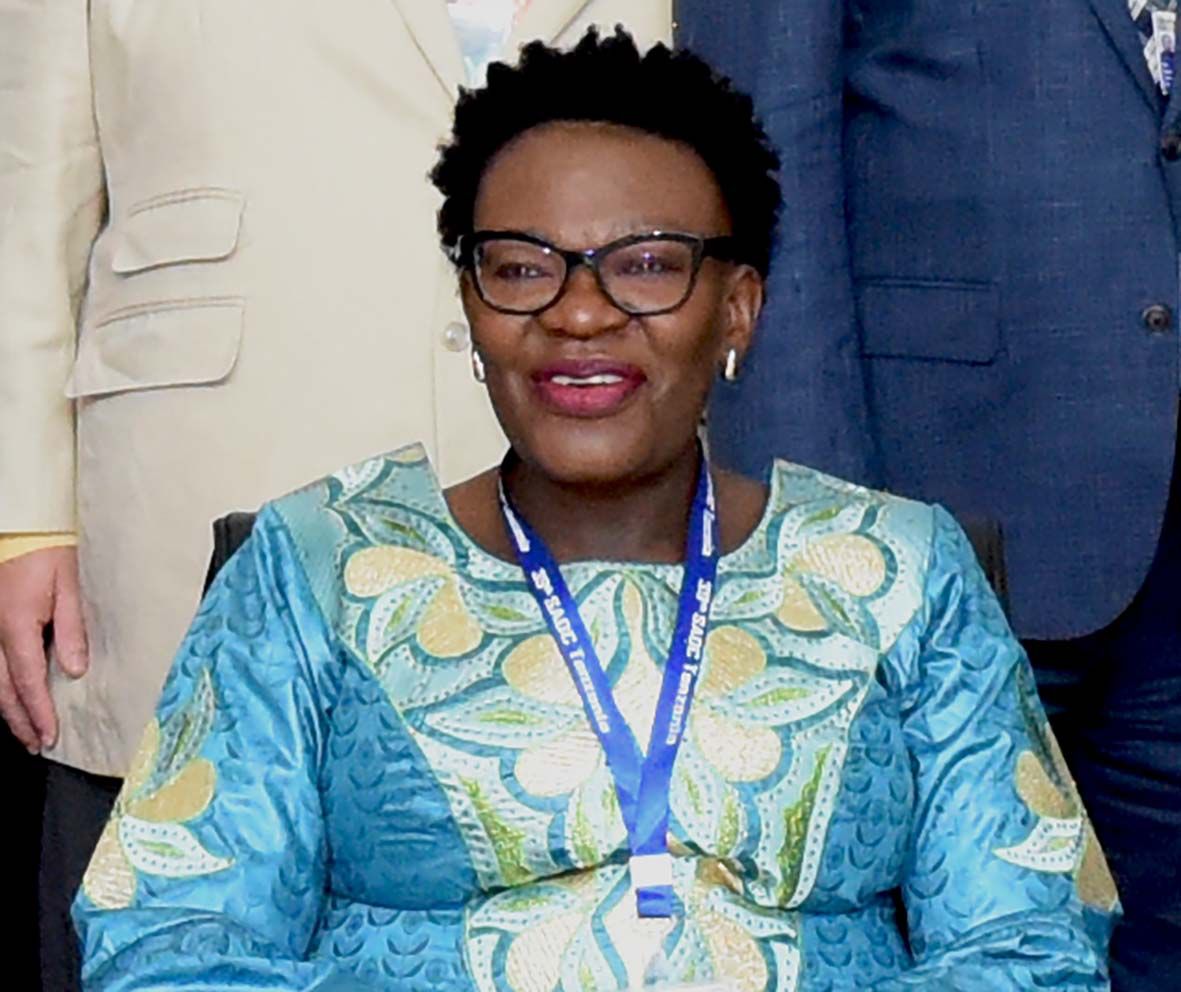CAPE TOWN – African cell phone operators are at the vanguard of an industry drive to connect billions of poor people in emerging markets, but they must cut tariffs, tailor services and push governments to slash tax to succeed.
Industry executives and commentators told a mobile telephony conference this week African operators stood to double their collective customer base to some 250 million by the end of 2010 – a quarter of Africa’s population – if they played smart. And governments on the world’s poorest continent are poised to attract massive foreign investment as European and Middle Eastern operators join the rush.”The world’s next billion mobile users will not come from Vodafone in the UK; they will come from Africa, from Russia, from China,” Ben Soppitt, strategy director at industry body GSM Association, told the conference in Cape Town.”We are looking at a fundamental shift and you guys are at the vanguard of it.”To scoop up the swathe of potential customers at the bottom end of the market, operators must find ways of making a cell phone cheaper to buy and to use for the millions of Africans who can barely afford to feed their families.Some commentators argue new ultra-cheap handsets with a factory price of US$30 (N$195) are the answer.But Devine Kofiloto, principal analyst at Informa Telecoms & Media research group, noted that cheap Motorola handsets launched in India had not unleashed a tide of new subscribers, and commentators said they must be accompanied by lower tariffs, and crucially, lower tax.”In Syria a US$30 handset retails for US$65 while in Pakistan it retails at US$30.Governments are harming growth,” said Soppitt.A GSM Association report into tax on mobile phones singled out Zambia, Tanzania and Kenya as culprits in Africa.For operators to cut tariffs whilst maintaining profits they will need to increase their customer base fast, which means extending networks into rural areas, where most Africans live.But network rollout is expensive and only worthwhile if operators can be sure of getting plenty of customers – which is why operators must tailor their services to the specific needs of Africans.The basic motivation for buying a phone is much the same for Africa’s poor as Europe’s rich: a chance to communicate with loved ones, a practical tool, a fashion accessory or a status symbol.But handsets should be extra durable and easy to use.”Remember for many people, this is the first time using any technology and any phone, not just a cell phone,” said Rauno Granath, director solution development for new growth markets at Nokia’s Networks division.Operators must find gimmicks such as micro top-ups that allow customers to buy very small units of airtime, or mobile banking, for those living far from a local branch.Granath said the Finnish behemoth had designed phones that kept an on-screen record to tell thrifty pre-paid customers how much credit they had left, while Alcatel senior field marketing manager, Africa, Patrick Belleteste, said the French equipment maker had created an audio text message, or SMS, service for those who cannot read.African telecom companies and licences are some of the hottest assets around thanks to surging growth.South African operators MTN and Vodacom have already spread into the rest of the continent, and foreign firms like Vodafone and Kuwait’s MTC are keen to expand their footprint.”Those with a strong heart and a canny business sense are sure to find success in Africa,” said Jay Naidoo, chairman of the Development Bank Southern Africa.- Nampa-ReutersAnd governments on the world’s poorest continent are poised to attract massive foreign investment as European and Middle Eastern operators join the rush.”The world’s next billion mobile users will not come from Vodafone in the UK; they will come from Africa, from Russia, from China,” Ben Soppitt, strategy director at industry body GSM Association, told the conference in Cape Town.”We are looking at a fundamental shift and you guys are at the vanguard of it.”To scoop up the swathe of potential customers at the bottom end of the market, operators must find ways of making a cell phone cheaper to buy and to use for the millions of Africans who can barely afford to feed their families.Some commentators argue new ultra-cheap handsets with a factory price of US$30 (N$195) are the answer.But Devine Kofiloto, principal analyst at Informa Telecoms & Media research group, noted that cheap Motorola handsets launched in India had not unleashed a tide of new subscribers, and commentators said they must be accompanied by lower tariffs, and crucially, lower tax.”In Syria a US$30 handset retails for US$65 while in Pakistan it retails at US$30.Governments are harming growth,” said Soppitt.A GSM Association report into tax on mobile phones singled out Zambia, Tanzania and Kenya as culprits in Africa.For operators to cut tariffs whilst maintaining profits they will need to increase their customer base fast, which means extending networks into rural areas, where most Africans live.But network rollout is expensive and only worthwhile if operators can be sure of getting plenty of customers – which is why operators must tailor their services to the specific needs of Africans.The basic motivation for buying a phone is much the same for Africa’s poor as Europe’s rich: a chance to communicate with loved ones, a practical tool, a fashion accessory or a status symbol.But handsets should be extra durable and easy to use.”Remember for many people, this is the first time using any technology and any phone, not just a cell phone,” said Rauno Granath, director solution development for new growth markets at Nokia’s Networks division.Operators must find gimmicks such as micro top-ups that allow customers to buy very small units of airtime, or mobile banking, for those living far from a local branch.Granath said the Finnish behemoth had designed phones that kept an on-screen record to tell thrifty pre-paid customers how much credit they had left, while Alcatel senior field marketing manager, Africa, Patrick Belleteste, said the French equipment maker had created an audio text message, or SMS, service for those who cannot read.African telecom companies and licences are some of the hottest assets around thanks to surging growth.South African operators MTN and Vodacom have already spread into the rest of the continent, and foreign firms like Vodafone and Kuwait’s MTC are keen to expand their footprint.”Those with a strong heart and a canny business sense are sure to find success in Africa,” said Jay Naidoo, chairman of the Development Bank Southern Africa.- Nampa-Reuters
Stay informed with The Namibian – your source for credible journalism. Get in-depth reporting and opinions for
only N$85 a month. Invest in journalism, invest in democracy –
Subscribe Now!










